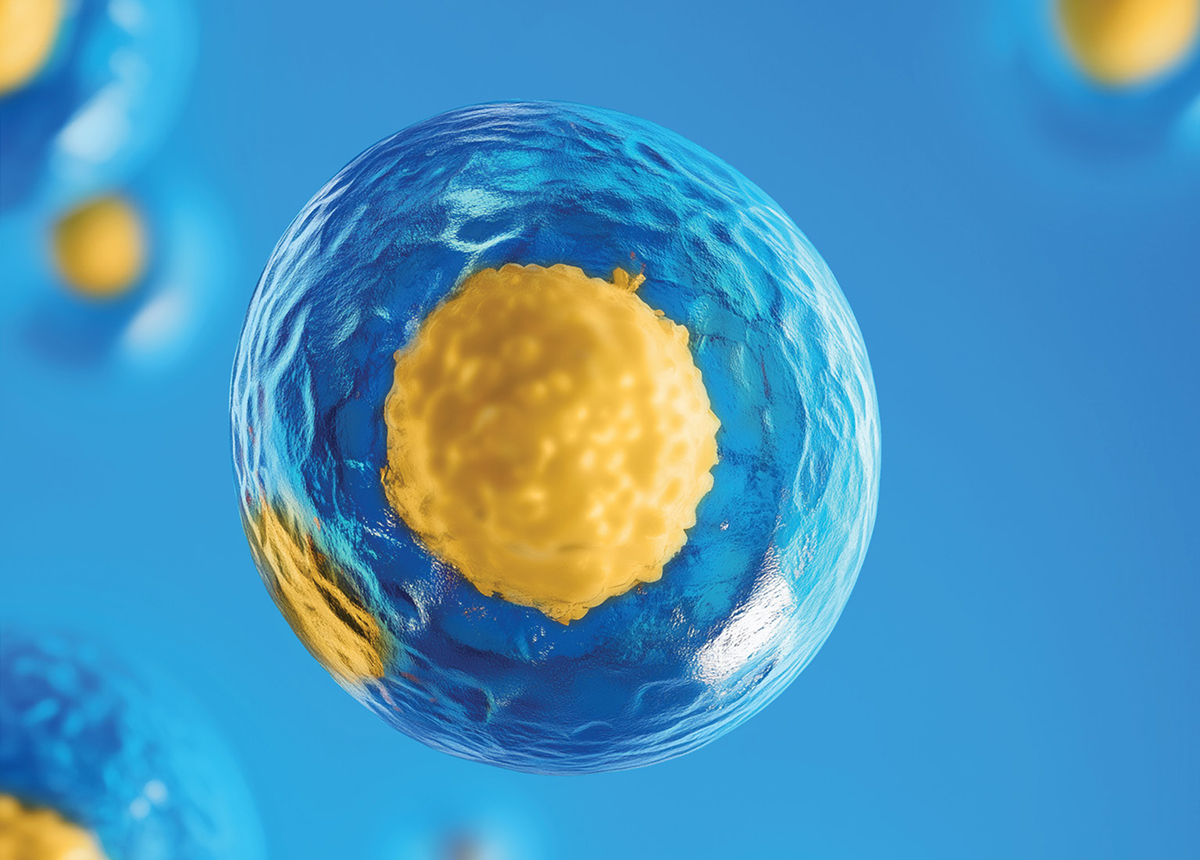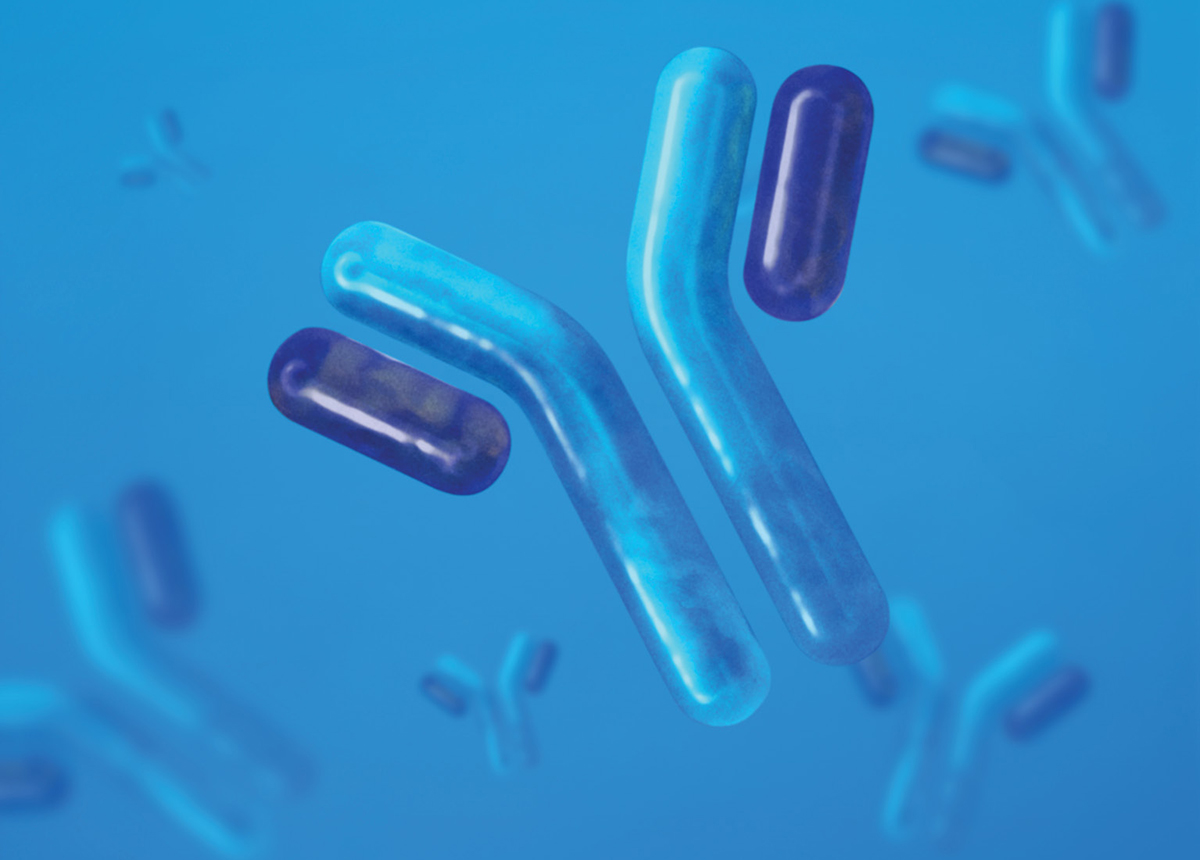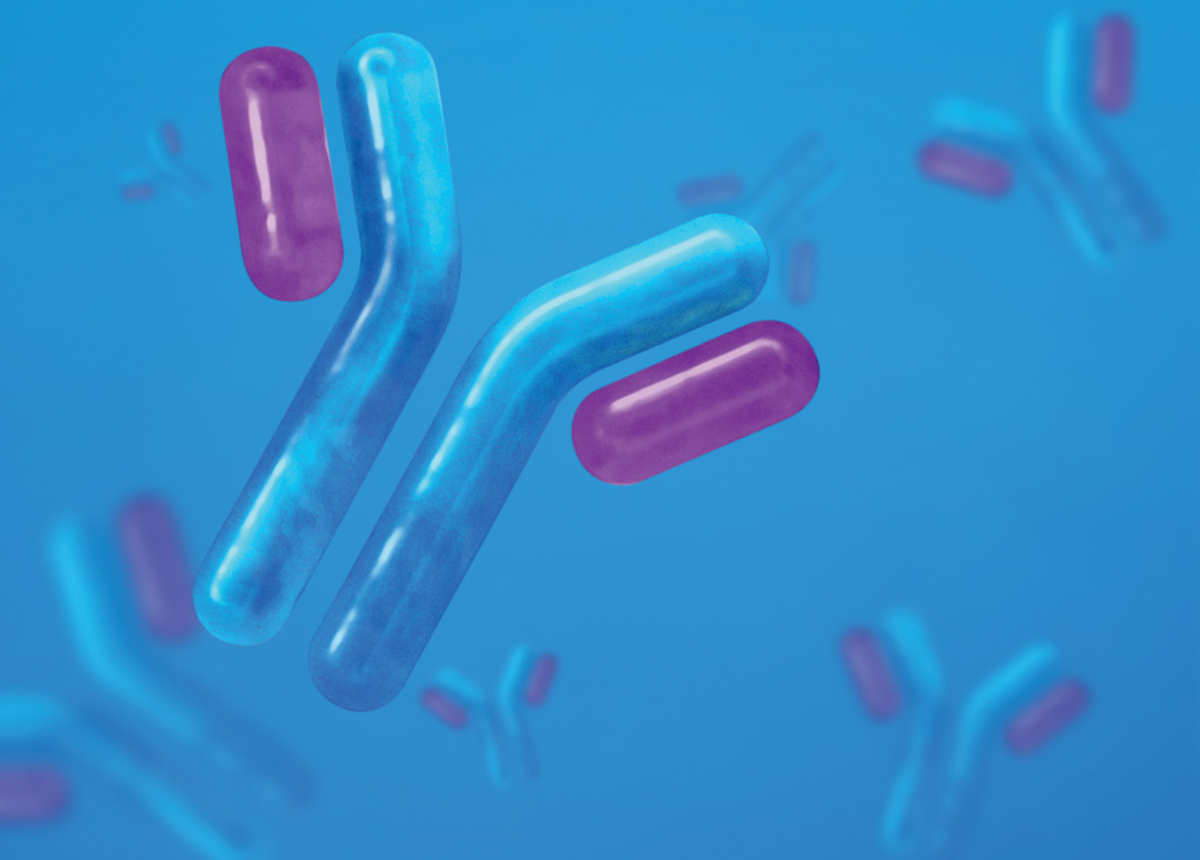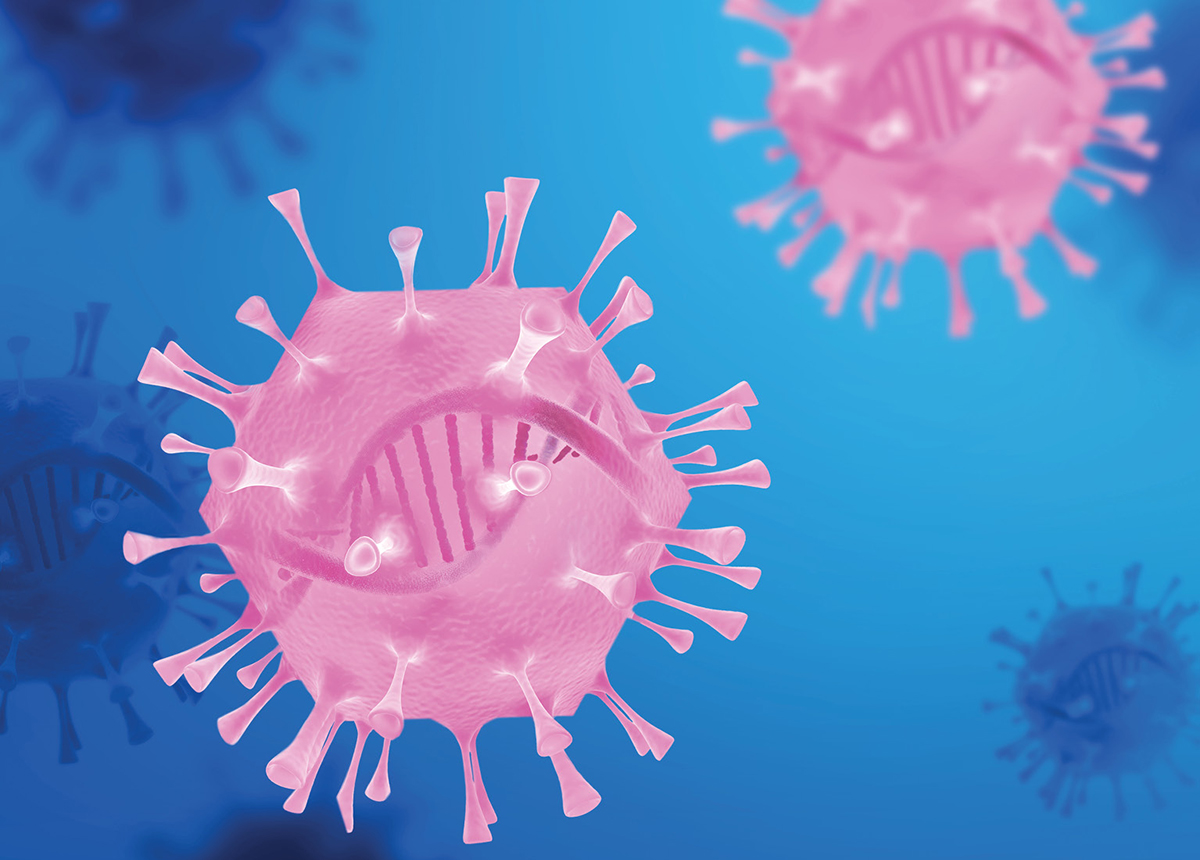Conclusions
- Supplementation of insulin substantially enhances the yield of influenza virus by 1.7-fold in HEK293 cells, without increasing total cell density at the time of harvest.
- Insulin serves as a robust activator of the PI3K/Akt pathway, a key player in influenza virus production.
Background
Cell-culture based vaccines are a valuable alternative to egg-produced vaccines: the equivalent of 1500 influenza vaccine doses can be produced in a 1L bioreactor within 48 hours with HEK293 cells. In the realm of cell-based vaccine production, HEK293SF-3F6, a suspension cell line, serves as platform for generating influenza virus in both flasks and large bioreactors.
Insulin has been shown to positively impact cell survival by stimulating anti-apoptotic and mitogenic pathways. Additionally, insulin affects the cellular signaling pathways that are exploited by viruses to replicate inside the host cell. This study shows how the supplementation of Recombinant Insulin can impact the production of influenza virus in HEK293SF-3F6 cells.
Study description
HEK293SF-3F6 cells, cultured in an in house-developed chemically-defined cell culture media, were infected with the influenza H1N1 A/Puerto Rico 8/34 virus. Different concentrations of infection (ranging from 5 to 100 mg/L) were added to the cell culture at the time of infection.
A control with no insulin addition was included. Viable cell density and influenza virus production (hemagglutinin, HA, concentration) were measured at the time of harvest (46 hours post-infection). To monitor the intracellular pathways activated in response to insulin supplementation, phosphorylated Akt was measured by flow cytometry after infection.
Results
Addition of insulin at the time of infection, independent of insulin concentration, did not significantly affect cell density at the time of harvest (Fig. 1A). However, the addition of 25-100 mg/L insulin at the time of infection led to a substantial increase in the concentration of influenza virus produced, already at low concentrations (5 mg/L). A significant increase of up to 1.7-fold was observed when insulin was added at concentrations between 25-100 mg/L to the cell culture (Fig. 1B).
During infection, the influenza virus activates the PI3K/Akt pathway to facilitate viral entry and promote its replication and proliferation within host cells. To investigate whether the heightened viral titer could be associated with additional activation of the PI3K/Akt pathway in the presence of insulin, Akt phosphorylation was assessed and compared to a non-infected control. As anticipated, influenza infection led to increased levels of Akt phosphorylation.
In the presence of insulin, Akt phosphorylation was further increased, suggesting that insulin enhances influenza virus production by further activating the PI3K/Akt pathway (Fig. 1C).

Figure 1: Recombinant Insulin significantly increases the production of influenza virus in HEK293 cells. (A) The
addition of insulin does not affect viable cell density of HEK293 producing influenza virus. (B) Insulin supplementation boosts influenza production by up to 1.7-fold. (C) Fold-change in Akt phosphorylation compared to a control without virus and without insulin.
Watch and learn more on how insulin improves cell growth and influenza yield in a HEK293 suspension cell line here.



